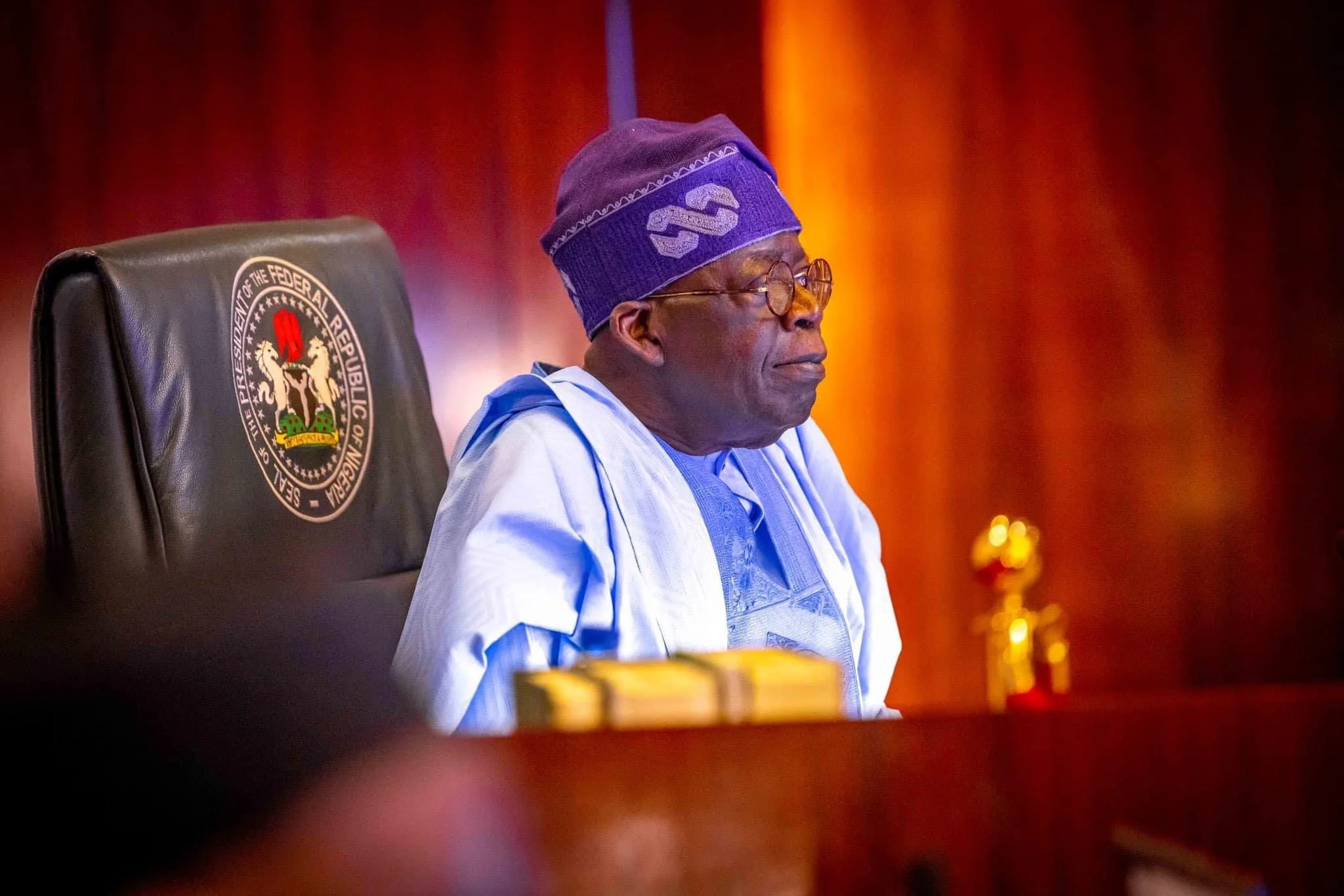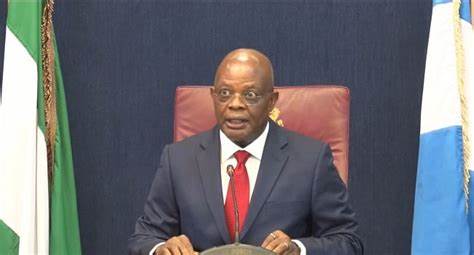In a surprising turn of events, the Federal Bureau of Investigation (FBI) and the Drug Enforcement Administration (DEA) have been ordered by the United States Court for the District of Columbia to release documents pertaining to their investigations into President Bola Tinubu’s purported connection with a drug trafficking case in the 1990s.
The court judge, Beryl Howell, gave the order on Tuesday, 8 April while ruling in a suit filed by an American Aaron Greenspan, under the Freedom of Information Act (FOIA) against the Executive Office for US Attorneys, Department of State, Federal Bureau of Investigation(FBI), Internal Revenue Service (IRS), Drug Enforcement Administration (DEA), and the Central Intelligence Agency (CIA).
Join our WhatsApp ChannelIn the FOI request made in 2022, Mr Greenspan sought the records of four suspected members of a drug trafficking ring: Bola Tinubu, Lee Andrew Edwards, Mueez Abegboyega Akande, and Abiodun Agbele.
However, the agencies issued “Glomar responses,” declining to affirm or deny the existence of any relevant records.
The Department of Justice’s Office of Information Policy (OIP), where Mr Greenspan had challenged the responses of the agencies, upheld their refusal to confirm or deny the existence of the requested records.
Following the affirmation of OIP, Mr Greenspan, filed a suit on 12 June 2023, accusing the agencies of violating the FOIA by failing to release the documents within the statutory time.
While delivering the judgment on Tuesday, Judge Howell ruled that the claim that the Glomar responses were necessary to protect the information being sought from public disclosure is “neither logical nor plausible,” given that Mr. Tinubu was the focus of an investigation that involved both the FBI and the DEA.
The Judge held that the FBI and DEA had not demonstrated any valid privacy interest that would have justified their refusal to confirm an inquiry into Tinubu.
READ ALSO: Moral Burden Of The Tinubu Drug Story
The court therefore determined that the public interest outweighed any privacy concerns.
“The FBI and DEA have both officially confirmed investigations of Tinubu relating to the drug trafficking ring,” the judge ruled.
“Any privacy interests implicated by the FOIA requests to the FBI and DEA for records about Tinubu are overcome by the public interest in release of such information.
“Since the FBI and DEA have provided no information to establish that a cognizable privacy interest exists in keeping secret the fact that Tinubu was a subject of criminal investigation.
“They have failed to meet their burden to sustain their Glomar responses and provide an additional reason why these responses must be lifted.”
The Judge instructed that both agencies look for non-exempt information related to Tinubu and respond with FOIA requests. The court also ordered that the agencies must stop using “Glomar responses,” which are denials or confirmations of the existence of documents.
The judge ordered the FBI and DEA to file jointly, by 2 May, a report on the status of any outstanding issues in this case, as described in the accompanying order.
Presidency Responds
Reacting to the U.S. court ruling, the Nigerian presidency said there was nothing new to be revealed, apparently downplaying the matter.
In a post on X on Sunday, Tinubu’s Special Adviser on Information and Strategy, Bayo Onanuga, claimed that the report of FBI and DEA on the president’s drug case had been in the public space for over three decades and he was not indicted.
READ ALSO: Why US Court Refused To Order Release Of FBI, CIA’s Intel On Tinubu
“There is nothing new to be revealed. The report by Agent Moss of the FBI and the DEA report have been in the public space for more than 30 years. The reports did not indict the Nigerian leader,” Onanuga stated on Sunday via his X handle.
He added that Tinubu’s lawyers are examining the ruling.
Victor Ezeja is a passionate journalist with seven years of experience writing on economy, politics and energy. He holds a Master's degree in Mass Communication.


















